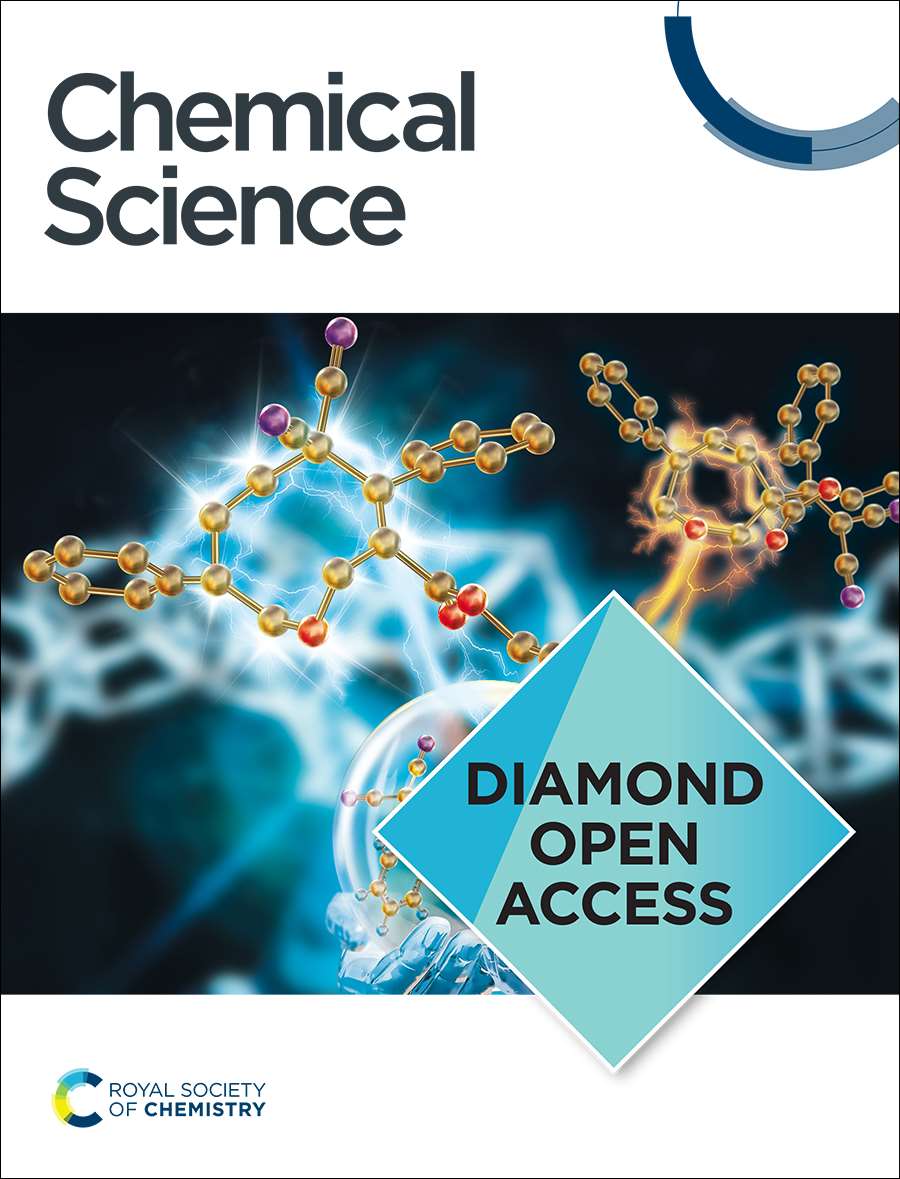Status and Outlook of Solid Electrolyte Membrane Reactors for Energy, Chemical, and Environmental Applications
IF 7.6
1区 化学
Q1 CHEMISTRY, MULTIDISCIPLINARY
引用次数: 0
Abstract
Solid electrolyte membrane-based reactors (SEMRs) can be operated at super high temperatures with distinct reaction kinetics, or at reduced temperatures (300-500 oC) for industrial-relevant energy applications (such as solid oxide fuel/electrolysis cells, direct carbon fuel cells, and metal–air batteries), chemical (such as alkanes dehydrogenation, C-C coupling, and NH3 synthesis), environmental (De-NOx, CO2 utilization, and separation), as well as their combined (one-step coupled CO2/H2O co-electrolysis and methanation reaction fields, power and chemical cogeneration) applications. SEMRs can efficiently integrate electrical, chemical, and thermal energy sectors, thereby circumventing thermodynamic constraints and production separation issues. They offer a promising way to achieve carbon neutrality and improve chemical manufacturing processes. This review thoroughly examines SEMRs utilizing various ionic conductors, namely O2-, H+, and hybrid types, with operations in different reactor/cell architectures (such as panel, tubular, single chamber, and porous electrolyte). The reactors operate in various modes including pumping, extraction, reversible, or electrical promoting modes, providing multi-functionalities. The discussion extends to the examination of critical materials for solid-state cells and catalysts essential for specific technologically important reactions, focusing on electrochemical performance, conversion efficiency, and selectivity. The review also serves as a first attempt at work that delves into the potential of process-intensified SEMRs through the integration of photo/solar, thermoelectric, and plasma energy and explores the unique phenomenon of electrochemical promotion of catalysis (EPOC) in membrane reactors. The ultimate goal is to offer insight into ongoing critical scientific and technical challenges like durability and operational cost hindering the widespread industrial implementation of SEMRs while exploring the opportunities in this rapidly growing research domain. Although still in its early stages and with limited large-scale demonstration and application, advances in materials, catalysis science, solid-state ionics, and reactor design, as well as process intensification and/or system integration will reduce the gaps in the current high temperature operation of SEMRs and industrial-relevant applications like sustainable clean chemical production, efficient energy conversion/storage, as well as environmental enhancement.用于能源、化工和环境应用的固体电解质膜反应器的现状与展望
本文章由计算机程序翻译,如有差异,请以英文原文为准。
求助全文
约1分钟内获得全文
求助全文
来源期刊

Chemical Science
CHEMISTRY, MULTIDISCIPLINARY-
CiteScore
14.40
自引率
4.80%
发文量
1352
审稿时长
2.1 months
期刊介绍:
Chemical Science is a journal that encompasses various disciplines within the chemical sciences. Its scope includes publishing ground-breaking research with significant implications for its respective field, as well as appealing to a wider audience in related areas. To be considered for publication, articles must showcase innovative and original advances in their field of study and be presented in a manner that is understandable to scientists from diverse backgrounds. However, the journal generally does not publish highly specialized research.
 求助内容:
求助内容: 应助结果提醒方式:
应助结果提醒方式:


